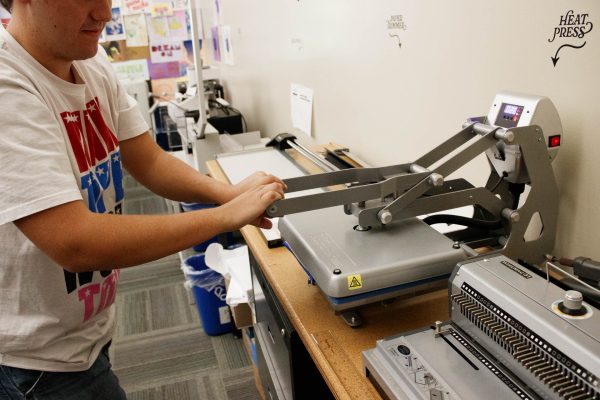SGA resignations reflect problems
The St. Edward’s University Student Government Association has seen some big changes recently. SGA President Blanca Garcia stepped down, and Vice President Krista Heiden is assuming the presidency in what promises to be a smooth transition.
Garcia and Heiden earned the Hilltop Views editorial board’s endorsement in the spring elections. Hoping to see SGA move forward, the editorial board deemed the two to be worthy to lead the only campus-wide elected student advocacy group.
That election was the first featuring a simplified ticket system with a single vice president rather than three vice presidential positions, all of which were elected independently of the other. Had Garcia resigned under the old system, the transition would have surely been chaotic.
But the events of last week, including the resignation of sophomore senator Andrew Guerrero, underscore the major problems with SGA–its high turnover rate and lack of direction.
To some extent, SGA has always been an organization in flux. Some students, upperclassman especially, have a difficult time balancing the demands of SGA with other pursuits. But a main culprit is the current system for electing senators, which is entirely too convoluted.
During the 2007-2008 year, each class–freshman, sophomore, junior, senior–had six senate seats. End of story. Now, there are two seats from each class, one from each residence hall (and the apartments) and one from each academic school. Now there are many unfilled seats, uncontested elections and unproductive meetings.
Even students who join the organization with the best of intentions can quickly find themselves disaffected. Only a handful of people out of the more than 5,000 that attend St. Edward’s meet the two and four consecutive-semester requirements to run for president and vice president, respectively. In fact, Heiden, who is supremely qualified to be SGA president, would not be constitutionally permitted to run for the office she now holds.
The lack of structural continuity has also added to SGA’s problems. For the past several years, SGA has descended into an organization obsessed with changing itself to the point that some members have all but forgotten that its primary purpose is to serve as student advocates. This mentality has resulted in battles over endorsements, elections, constitutions, rules and power consolidation–all of which have nothing to do with representing students.
SGA has hardly been a potent student advocacy group in recent years. Its biggest battle was to stop the commuter meal plan mandate–a fight that SGA acted on far too late to stop.
SGA’s approach to Hilltop Views also speaks to the organization’s insular culture. The current press director, Marianne Shea, has been commendably straightforward and honest in her role. However, senators too often hide behind Shea as if SGA was one cohesive team without a dissenting voice rather than what it is–a representative body that should reflect a variety of viewpoints.
SGA’s paranoia towards Hilltop Views is bizarre considering that the newspaper has never printed anything said by a member that wasn’t said in a public SGA meeting or on the record. The current system of running everything through Shea is fundamentally no different than a Republican senator deferring to Democratic White House spokespeople for comment on any given issue. If they want to hold elected office, SGA members should be able to answer questions from their fellow students, whether they write for Hilltop Views or not.
If SGA members are to tell students to use their voice or lend support to a proposal to create a “free speech zone,” they should practice what they preach. SGA can’t be legitimate without being accountable.
Hopefully, a smooth transition to a Heiden presidency will show SGA that it is time to get back to the basics and finally move forward.











